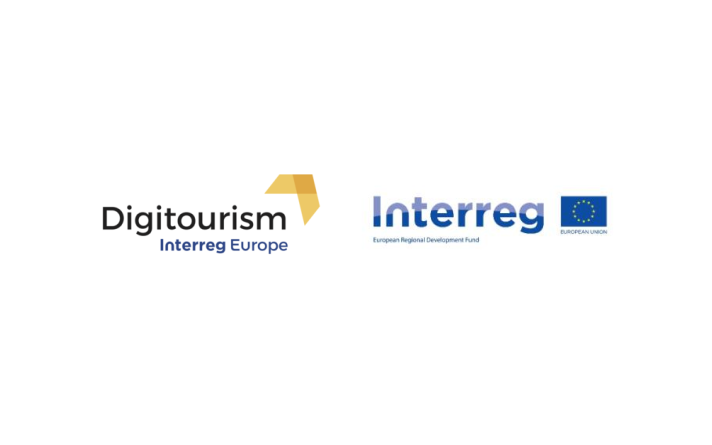Digitourism
Project ID
PGI105025
Project title
Digitourism
Project manager, contact details
Balázs Borkovits, borkovits.balazs@pte.hu
Academic supervisor, contact details
Géza Szabó, Dr., fg4t@gamma.ttk.pte.hu
Total project budget
1.957.745 EUR
Total budget of UP
179.775 EUR (85% EU contribution, 15% National contribution)
Project start date
Project end date
Coordinator
Faculty of Sciences

Lead Partner
Auvergne-Rhone-Alpes Tourism (FR)
Partner Organisations
Grand Paradis Foundation (IT), Surrey County Council (GB), Oppland County Authority (NO), Aragon Institute of Technology (ES), Innovalia Association (ES), Kujawsko-Pomorskie Voivodeship (PL), NHTV Breda University of Applied Sciences (NL), University of Pécs (HU)
General description
Many business intelligence surveys demonstrate that Digital Realities (Virtual reality and Augmented reality) are becoming a huge market trend in many sectors, and North America is taking the lead in this emerging domain. Tourism is no exception and the sector in Europe must innovate to get ahead of the curve of this technological revolution, but this innovation needs public support.
In order to provide labs, startups and SMEs willing to take this unique opportunity with the most appropriate support policies, 9 partner organizations from 8 countries (FR, IT, HU, UK, NO, ES, PL, NL) decided to work together: regional and local authorities, development agencies, private non-profit association and universities.
Thanks to their complementary experiences and know-how, they intend to improve policies of the partner regions (structural funds and regional policies), in order to foster a tourist channelled innovation in the Digital Realities sector.
All partners will work together on policy analysis tasks before exchanging their best initiatives and transferring them from one country to another. This strong cooperation will allow them to build the best conditions to foster innovation thanks to more effective structural funds policies and regional policies.
8 policy instruments are addressed, among which 7 relate to structural funds programmes. Basis for exchange of experience: Reciprocal improvement analysis and 8 study trips with peer-review of each partner’s practices. Video reportages for an effective dissemination towards other territories in Europe. At least 16 good practices will be identified by the partners.
Program
INTERREG EUROPE
Application monitoring
